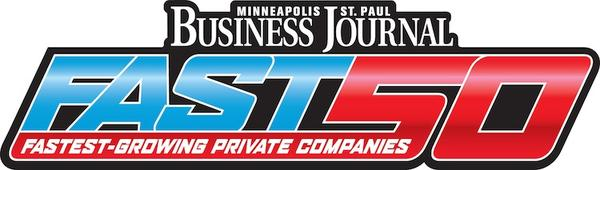How a Board Can Boost Your Business (Post 2 of 4)
 Why would the CEO of a private company proactively seek the guidance of a voluntary board of advisors? With no stockholders, there is no legal/fiduciary oversight responsibility for a board to uphold. Even so, I’m a firm believer in the benefit of working with a board of advisors.
Why would the CEO of a private company proactively seek the guidance of a voluntary board of advisors? With no stockholders, there is no legal/fiduciary oversight responsibility for a board to uphold. Even so, I’m a firm believer in the benefit of working with a board of advisors.
If you’ve read my book, Building a Winning Business, you know I believe leaders should listen, seek to understand and solicit input from employees on a regular basis. But no matter how open the work environment, few – if any – employees are going to offer their candid perspective on how I’m doing (can you say “awkward”?!). Nor would it be appropriate for employees to advise me or my business partners on personnel decisions for example. An independent board of advisors is the perfect solution to the CEO thought-partner dilemma.
Intertech’s board of advisors is comprised of business leaders, who’ve lead successful companies. For the current and past members, their backgrounds and work experiences are varied and include experience with start-ups, turn-arounds, and, most important to me, growing highly profitable firms. I choose members based ultimately on my personal regard for their business acumen and integrity.
Two of our members also brought an added bonus due to their strong experience in sales and finance/accounting (which I consider to be my weakest areas). Ironically, those board members have been most instrumental in helping me make some tough personnel decisions (Tom’s Takeaway: don’t select board members based on narrow experience criteria. Rather, find top-notch business professionals that you respect and admire.)
For the record, a board of advisors is quite different from a board of directors. Specifically, advisory board members do not have the authority to oust private-company CEOs like me, such as board of directors can do with CEOs of public companies. But that doesn’t mean they don’t have clout! Any advisory board member worth his or her proverbial salt will walk if they sense their relevant experience and advice is not being carefully considered and frequently followed.
That’s not a problem with Intertech’s board of advisors. I genuinely value the perspective of our board members. These are people who have vast experience and generously share their wisdom with me four times a year during meetings. Members agree to serve on our advisory board for three years. Our advisory members are compensated per meeting and receive options in our company, which gives them a stake in our future success.
Still not convinced you need a board of advisors? Next time I’ll share a few examples that might just change your mind.



